Black History, Literature
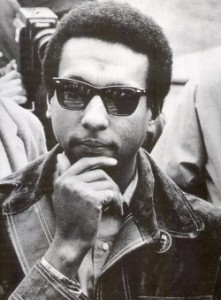
- Stokley Carmichael
Original name: KWAME TOURE (b. June 29, 1941, Port of Spain, Trinidad–d. Nov. 15, 1998, Conakry, Guinea), West-Indian-born civil-rights activist, leader of black nationalism in the United States in the 1960s and originator of its rallying slogan, “black power.”
Carmichael immigrated to New York City in 1952, attended high school in the Bronx, and enrolled at Howard University in 1960. There he joined the Student Nonviolent Coordinating Committee (SNCC) and the Nonviolent Action Group. In 1961 Carmichael was one of several Freedom Riders who traveled through the South challenging segregation laws in interstate transportation. For his participation he was arrested and jailed for about 50 days in Jackson, Miss. (more…)
Black History, Literature
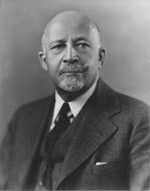
W.E.B. DuBoise
(b. February 23, 1868, Great Barrington, Mass.; d. August 27, 1963, Accra, Ghana), writer, social scientist, critic, and public intellectual; cofounder of the Niagara Movement, the National Association for the Advancement of Colored People (NAACP), and the Pan-African Congress; editor of the NAACP magazine, The Crisis.
Along with Frederick Douglass and Booker T. Washington, historians consider W. E. B. Du Bois one of the most influential African Americans before the Civil Rights Movement of the 1960s. Born only six years after emanicipation, Du Bois was active well into his nineties, dying in 1963, on the eve of the March on Washington. (more…)
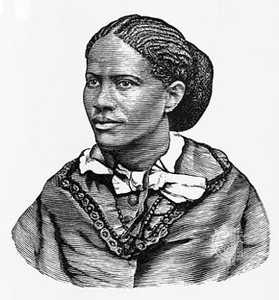
Black History, Literature

Frances Ellen Watkins Harper
Frances Ellen Watkins Harper was born on September 24, 1825 to free parents. A few years later, she was orphaned. Harper received her education at a school for free African-Americans run by her uncle, William Watkins. The school was located at the present day site of the Baltimore Convention Center.
At the age of 13, Harper’s formal education came to an end when she took a job as a nursemaid.
Harper’s first publication was a collection of poetry and prose entitled Autumn Leaves. It was published while she was a teenager. Harper moved to Philadelphia. She published another volume of poems entitled Poems on Miscellaneous Subjects (1857). This work sold over 10,000 copies within its first five years of publication. In 1860, Harper married the love of her life, Fenton Harper. (more…)
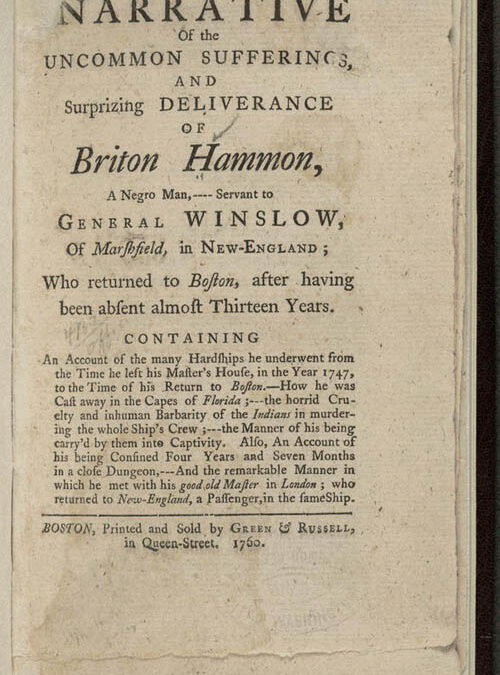
Black History, Literature, Slavery
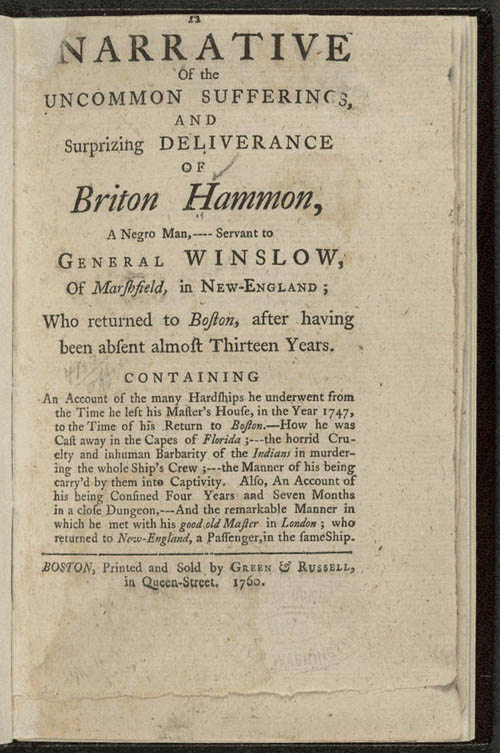
Briton Hammon Papers
On a December day in 1747 Briton Hammon, a slave to Major John Winslow of Marshfield, Massachusetts, walked out of town with, as he put it, `an Intention to go a voyage to sea.’ Tucked into the sandy bight of Cape Cod Bay, some thirty miles south of Boston, and reeking of tidal flats and Stockholm tar, Marshfield was a minor star in the galaxy of Britain’s commercial empire, and only a short walk from Plymouth, where Hammon shipped himself the next day `on board of a Sloop, Capt. John Howland, Master, bound to Jamaica and the Bay’ of Campeche for logwood.
Experienced at shipboard work, as were approximately 25 percent of the male slaves in coastal Massachusetts during the 1740s, Hammon had not run away. But like all black people in early America who wrought freedom where they could, nurtured it warily, and understood it as partial and ambiguous at best, Hammon seized the moment. (more…)




